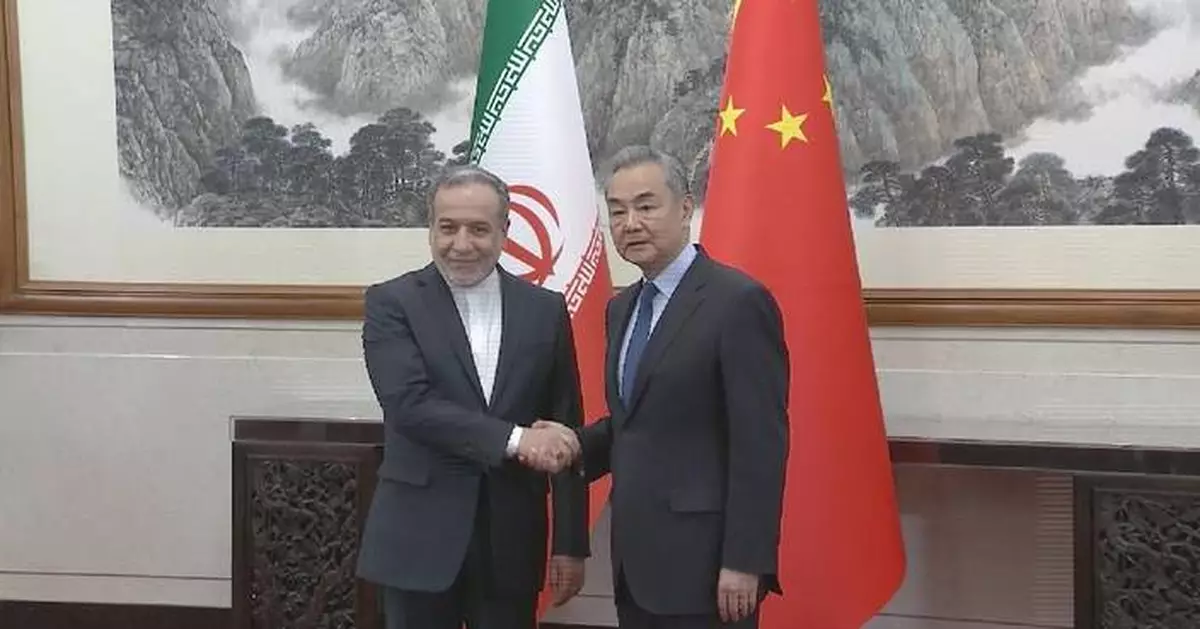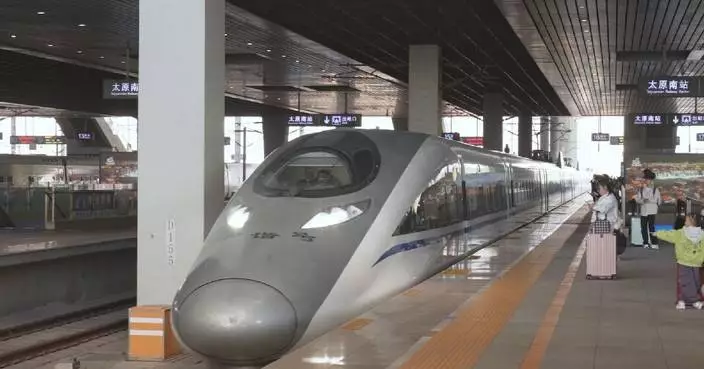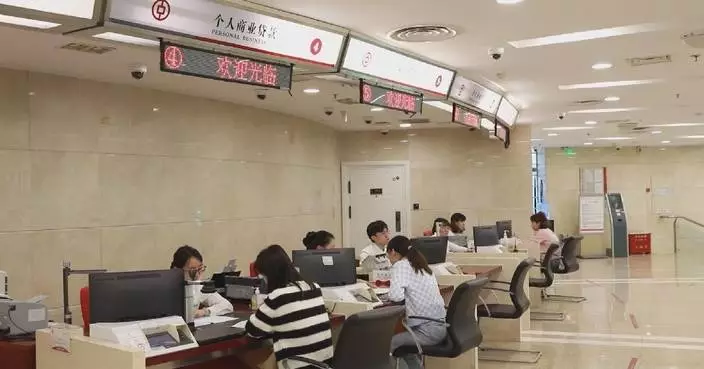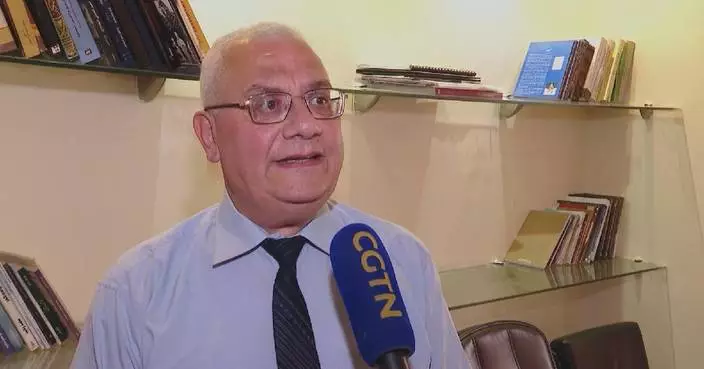Chinese Foreign Minister Wang Yi held talks with his Iranian counterpart Seyed Abbas Araghchi in Beijing on Wednesday.
Wang, also a member of the Political Bureau of the Communist Party of China Central Committee, emphasized that Iran is China's comprehensive strategic partner in the Middle East.
Noting that the current global landscape is turbulent, Wang said that China is ready to work with Iran to jointly implement the important consensus reached by the leaders of the two countries and make more efforts to safeguard the common interests of the two countries and promote regional and world peace and stability.
For his part, Araghchi said that Iran attaches great importance to developing ties with China, and the friendship between the two countries has a solid foundation and will not be affected by other factors.
Iran will continue to work with China to oppose unilateralism and hegemonism, and safeguard multilateralism, Araghchi said.
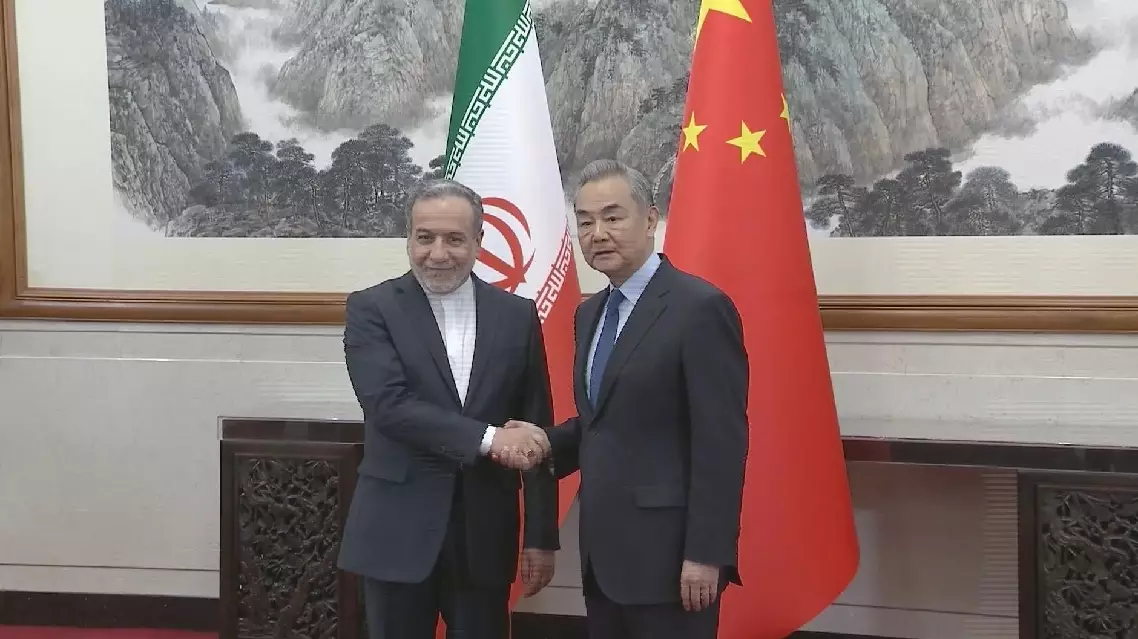
Chinese FM holds talks with Iranian counterpart
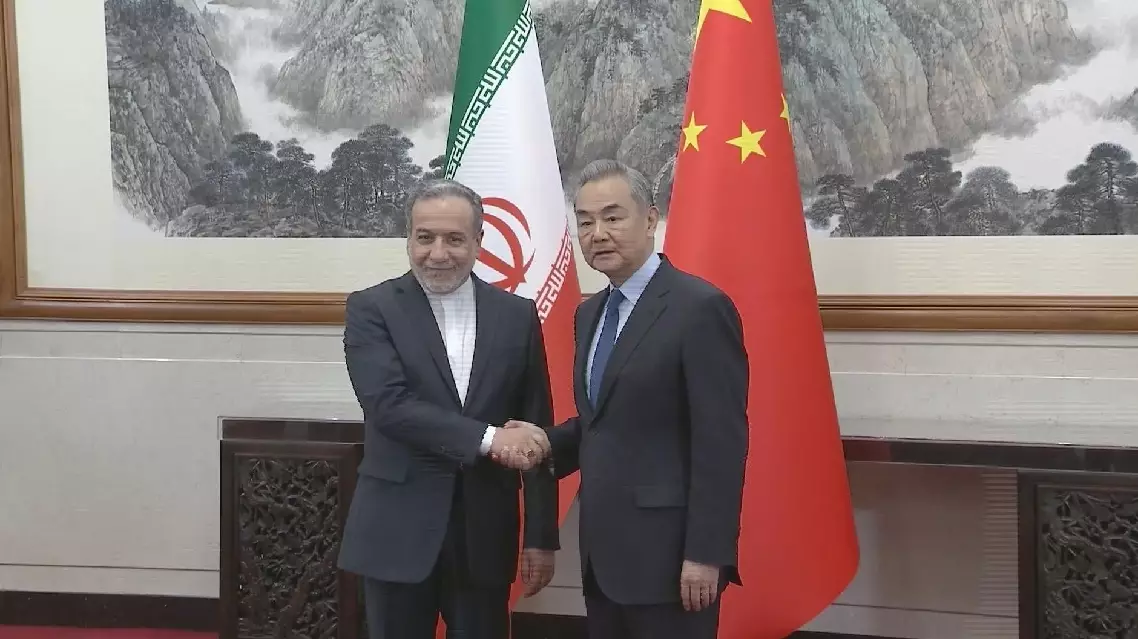
Chinese FM holds talks with Iranian counterpart
The fast expansion in China's total social financing, a broad measure of credit and liquidity in the economy, indicates that the country's financing activity is gathering steam and the government's pro-growth policies are gaining traction in bolstering the real economy, said two Chinese experts.
According to data released on Wednesday by the People's Bank of China (PBOC), the country's central bank, China's outstanding aggregate social financing totaled 424 trillion yuan (about 58.8 trillion U.S. dollars) at the end of April, increasing by 8.7 percent from the same period last year and quickening from the 8.4-percent rise in March. In the first four months, the newly added amount of financing to the real economy stood at 16.34 trillion yuan, up by 3.61 trillion yuan from the corresponding period of 2024.
Analysts said that accelerated government bond issuance aimed at boosting the economy drove the growth of total social financing.
"The issuance of government bonds has significantly accelerated this year. Among them, the issuance of ultra-long special treasury bonds and special treasury bonds for capital injection [into central financial institutions] launched in April, coupled with the continued rollout of special refinancing bond issuance for local governments, led to about 970 billion yuan in net financing, driving a growth rate of nearly 0.3 percentage points in total social financing," said Dong Ximiao, chief researcher at the Merchants Union Consumer Finance.
"This year's issuance of ultra-long special treasury bonds was launched one month earlier than last year, and together with credit loans, it has been the main driving force for the growth of social financing. Corporate bond financing has been growing steadily and equity financing has been steadily advancing, indicating an increasing role of the capital market in bolstering the real economy," said Lu Zhe, chief economist at the Soochow Securities.
According to this year's government work report, a total of 1.3 trillion yuan of ultra-long special treasury bonds will be issued, 300 billion yuan more than in 2024, while 500 billion yuan of special treasury bonds will be issued to support large state-owned commercial banks in replenishing capital.
Late last month, China issued this year's first batches of ultra-long special treasury bonds and special treasury bonds.
Part of the funds have been swiftly channeled into boosting consumer demand, a key focus in the country's efforts to spur economic growth.
"The Ministry of Finance has recently launched the issuance of 1.3 trillion yuan of ultra-long special treasury bonds to promote large-scale equipment upgrades and consumer goods trade-ins and to help implement major national strategies and enhance security capacity in key areas. We expect a fast rollout of special treasury bond issuance in the coming months to drive domestic demand, boost public confidence, and provide strong support for social financing," Dong said.
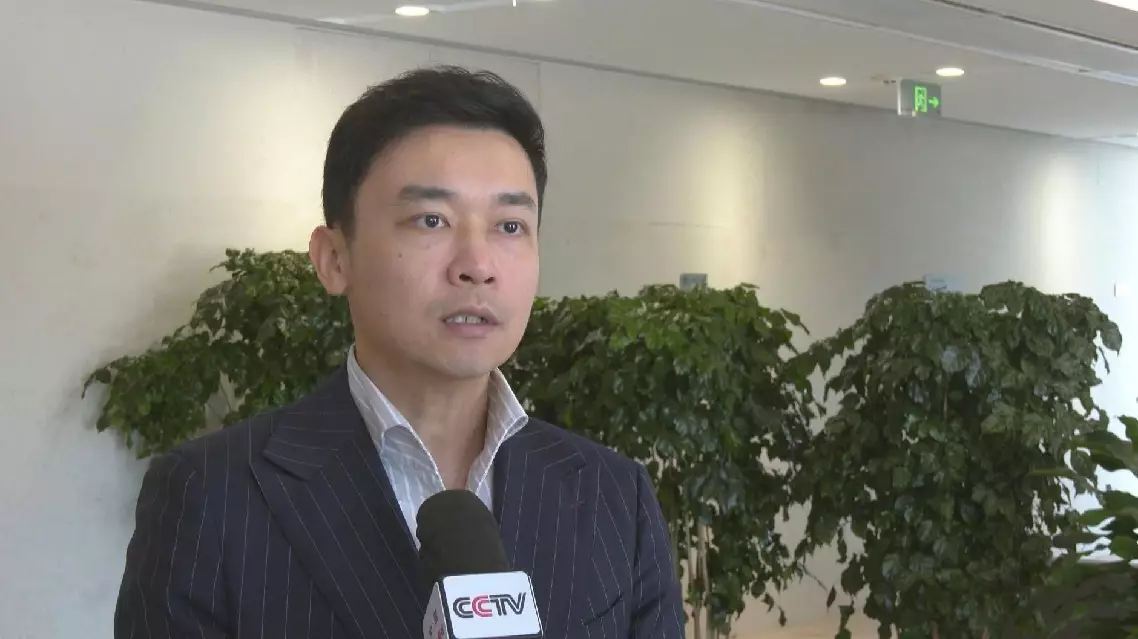
Fast growth in aggregate social financing indicates gov't efforts to spur economy paying off




